Domestic skip hire is an affordable and hassle-free way to manage waste from your home or garden. Whether you’re tackling a home renovation project, decluttering, or undertaking seasonal garden maintenance, hiring a domestic skip can simplify the waste disposal process. In this updated guide, we’ll cover everything you need to know about domestic skip hire, including selecting the right skip size, understanding skip types, and preparing your waste efficiently.
Why Choose Domestic Skip Hire?
Domestic skip hire is ideal for a variety of household projects. By providing a dedicated container for waste, it eliminates the need for frequent trips to the local tip and helps you manage rubbish responsibly. At AMA Skip Hire, we offer a range of skips tailored for domestic use, ensuring you’ll find the perfect solution for your needs.
Understanding the Different Types of Skips Available
In addition to size, it’s important to consider the type of skip you need. The two main types of skips available for domestic use are open skips and enclosed skips. Open skips are the most common type of skip and are suitable for general waste such as household items, garden waste, and building materials. Enclosed skips are similar to open skips, but are fully enclosed on all sides, making them ideal for confidential or sensitive waste such as confidential documents or electronic waste.
Choosing the Right Skip Size
Selecting the correct skip size is crucial to avoid overloading or underutilising your skip. At AMA Skip Hire, we offer the following sizes for domestic projects:
- 4-Yard Skip: Ideal for small-scale projects such as garden clearances or single-room renovations.
- 6-Yard Skip: Great for medium-sized projects, like kitchen or bathroom refurbishments.
- 8-Yard Skip: A popular choice for larger household renovations or significant decluttering.
- 10-Yard Skip: Perfect for bulky waste from major home projects.
- 12-Yard Skip: Best for extensive renovations or larger-scale domestic waste.
If you’re unsure which size is right for your project, our friendly team is on hand to offer expert advice. Contact us here for assistance.
What Can You Put in a Domestic Skip?
While domestic skips accommodate most types of household waste, there are some restrictions:
- Allowed Waste: General rubbish, furniture, garden waste, and construction materials like bricks or wood.
- Restricted Items: Hazardous materials such as asbestos, chemicals, and batteries must be disposed of separately. Items like fridges, TVs, and other large electronics may also require special handling.
For a full list of prohibited items, check our FAQs page.
Preparing Your Waste for Skip Hire
To make the most of your domestic skip hire, follow these preparation tips:
- Separate Recyclables: Sort items like glass, paper, and plastics for recycling to reduce waste.
- Break Down Large Items: Disassemble furniture or bulky materials to save space in the skip.
- Load Securely: Ensure all waste is evenly distributed and doesn’t exceed the skip’s fill line to avoid additional charges or safety hazards.
Benefits of Domestic Skip Hire
Convenience: No more time-consuming trips to the tip.
Cost-Effective: One-time skip hire is often cheaper than multiple journeys to a waste disposal site.
Eco-Friendly: Responsible skip hire companies, like AMA Skip Hire, ensure waste is sorted and recycled wherever possible.
Book Your Domestic Skip Today
Ready to simplify your home or garden project? At AMA Skip Hire, we make domestic skip hire easy and affordable. Contact us to book your skip today and enjoy a hassle-free waste disposal experience.
Domestic skip hire is your solution for efficient waste disposal. Let AMA Skip Hire help you take the stress out of managing waste while ensuring a cleaner, greener environment.

